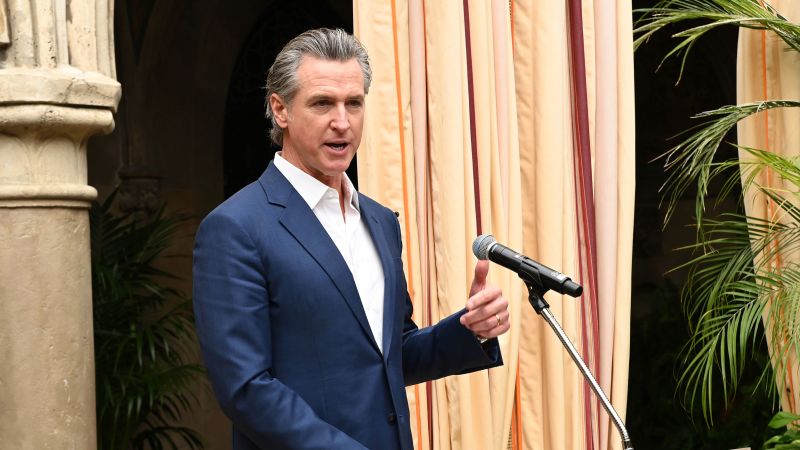Is Biden's Cancer Treatment Impacting US Policy? Public Health Expert Raises Concerns

President Biden's ongoing cancer treatment has been under the spotlight, with questions arising about its potential influence on his administration's policies. A recent discussion on Fox News' 'Special Report' featuring chief political analyst Brit Hume and public health expert Dr. Steven Quay delved into the former President's 'aggressive' prostate cancer diagnosis and the level of transparency surrounding his health. Dr. Quay expressed concerns that Americans might be witnessing 'major side effects' stemming from Biden's treatment, subtly influencing decisions and impacting the nation.
The discussion centered around the complexities of balancing a President's right to privacy with the public's need to understand the potential implications of their health on their ability to lead. While the White House has released some details about Biden's diagnosis and treatment plan, critics argue that more information is needed, particularly regarding any potential cognitive or physical side effects that could affect his decision-making process.
Dr. Quay, a seasoned expert in public health and drug development, highlighted the aggressive nature of Biden’s treatment, which reportedly includes immunotherapy, a powerful form of cancer treatment known for its potential side effects. These can range from fatigue and nausea to more serious complications affecting the immune system and cognitive function. He suggested that while these effects might be subtle, they could still shape the President's approach to critical issues, both domestically and internationally.
“We need to be aware that aggressive cancer treatments, especially immunotherapy, can have a range of side effects,” Dr. Quay explained. “While President Biden is undoubtedly receiving excellent care, we need to consider whether these treatments are, in any way, influencing his policy decisions or his ability to effectively lead the country.”
Brit Hume echoed these concerns, noting the importance of transparency in government, especially when it comes to the health of the nation's leader. He pointed out that the public has a right to know if any health issues are impacting the President's ability to perform his duties effectively.
The conversation also touched upon the broader issue of age and leadership in politics. With an aging population, questions about the health and fitness of political leaders are becoming increasingly relevant. While age is not necessarily a barrier to effective leadership, it's crucial that leaders are open and honest about any health challenges they face.
The discussion concluded with a call for greater transparency from the White House regarding President Biden’s health. While respecting the President’s privacy, experts argue that the public deserves a clearer understanding of any potential impact his cancer treatment might be having on his ability to govern. The debate underscores the delicate balance between personal privacy and the public's right to know when it comes to the health of their elected officials, especially those holding the highest office in the land. Further scrutiny and open dialogue are likely to continue as President Biden continues his treatment and leadership role.






